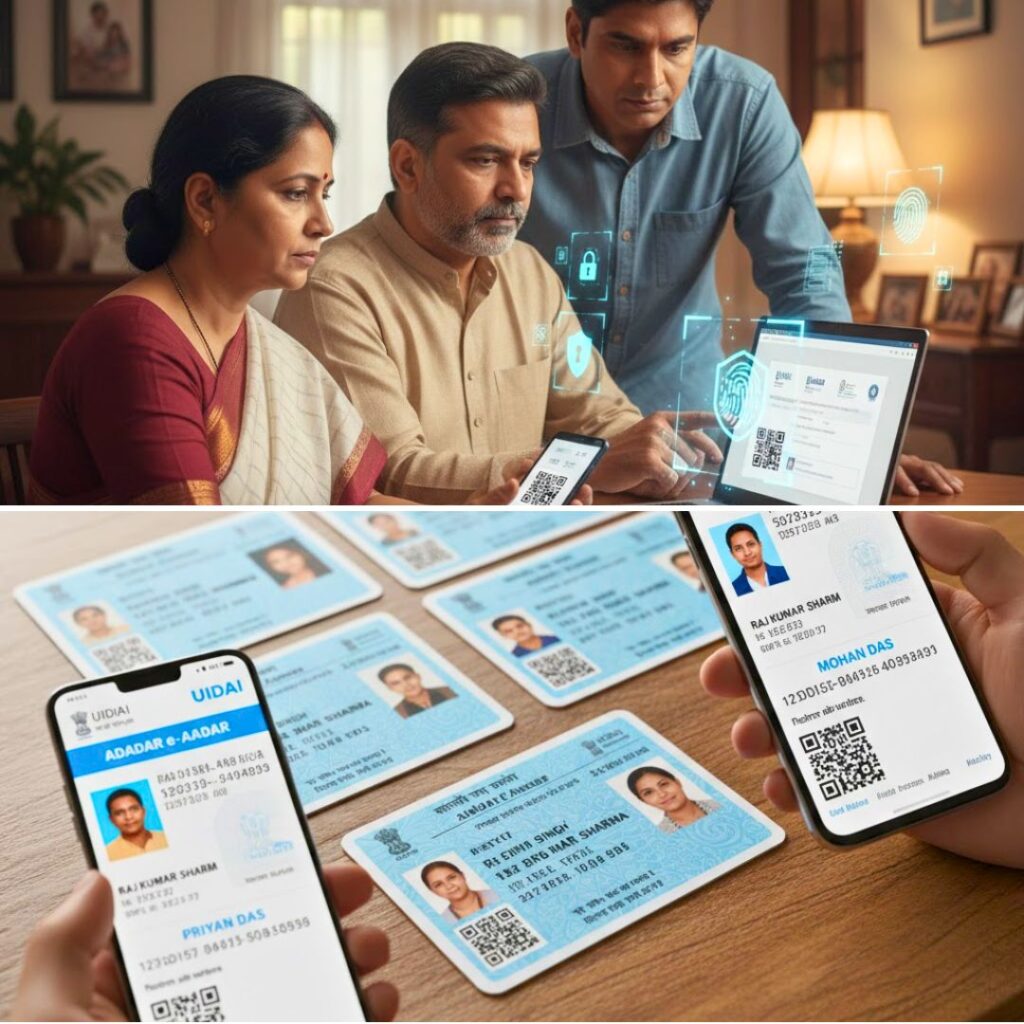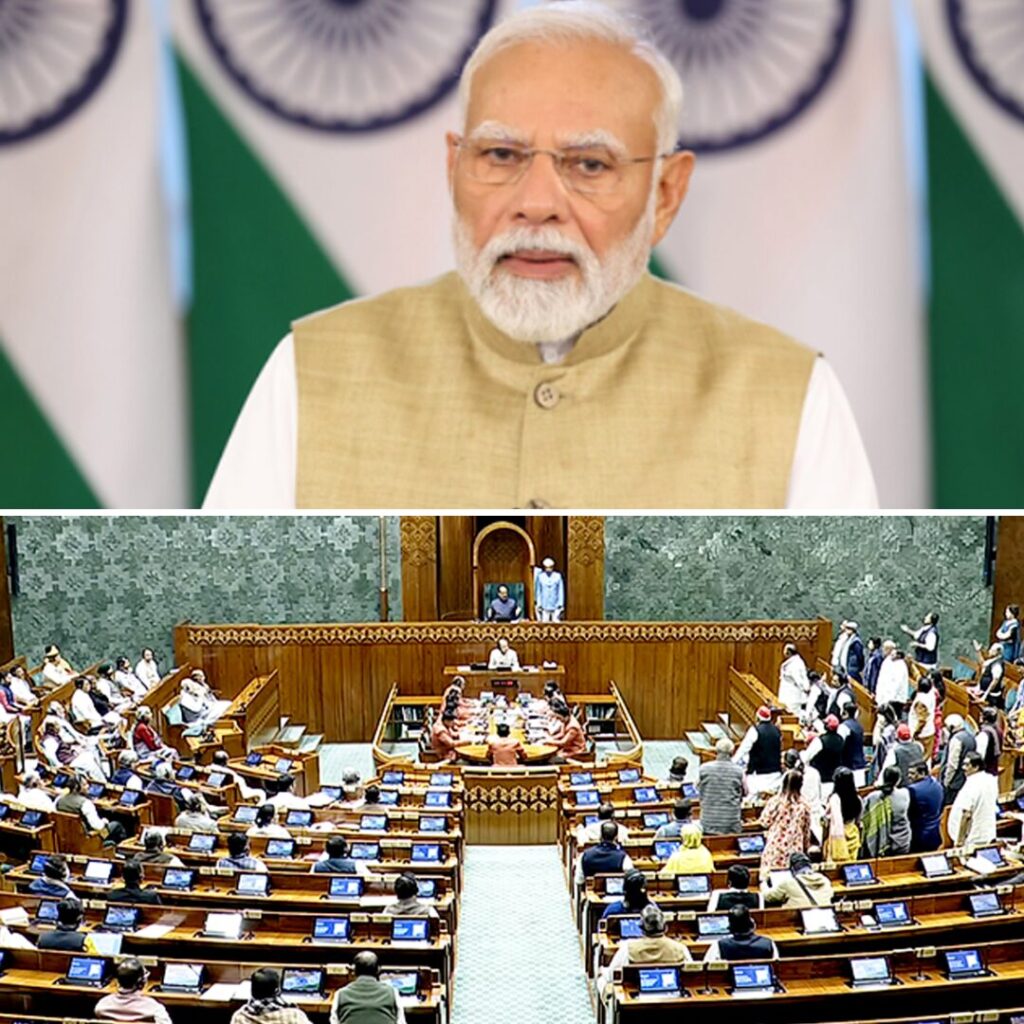The Calcutta High Court has issued a significant ruling reaffirming that traffic police personnel do not possess unchecked powers to seize, suspend, revoke, or impound driving licences. Seizure by police is permitted only if there is a concrete “reason to believe” that a serious offence—including dangerous driving, drunken driving, or speeding—has been committed, as per provisions under Section 206(4) and related clauses of the Motor Vehicles Act, 1988.
Even with lawful seizure, the licence must be forwarded to the appropriate court or licensing authority for adjudication; only these bodies have jurisdiction to suspend, revoke, or cancel licences after due legal process.
The court condemned coercive practices such as on-the-spot cash fines, emphasizing that any punitive measures must respect fundamental rights and procedural fairness. It further called for refresher training for traffic police to ensure adherence to legal standards and protect citizens’ rights during traffic law enforcement.
Police Authority to Seize Licence Limited and Conditional
Justice Partha Sarathi Chatterjee, presiding over the division bench, underscored that police powers to seize driving licences are not absolute or arbitrary. Officers may seize a licence only when they have tangible grounds—based on objective facts and “reason to believe”—that a grievous offence under the Motor Vehicles Act has occurred, such as reckless or dangerous driving, rash driving causing accidents, violations involving liquor consumption while driving, or speeding beyond permissible limits.
The Court clarified that mere suspicion or routine checks do not justify licence seizure. Instead, seizure acts as a temporary procedural step linked to investigation, not an administrative punishment by the police themselves. The actual authority to impose suspension, revocation, or cancellation rests exclusively with the licensing authority or judicial bodies, who decide only after considering the evidence and providing an opportunity for the licence-holder to be heard.
The Court referenced a recent case involving advocate Subhrangsu Panda, whose licence was seized without protocol or valid grounds; the seizure was held unlawful and the proceedings quashed. Moreover, the Court insisted that upon licence seizure, authorities must issue formal receipt documents or temporary authorisation slips to drivers, safeguarding their rights until the legal process concludes.
Addressing Misconduct and Upholding Due Process
The judgement also candidly condemned the widespread police practice of “compounding”—whereby traffic personnel demand immediate cash payments or admissions of guilt from vehicle owners or drivers in exchange for not pursuing legal action. Such coercive tactics were declared a violation of fundamental constitutional rights, including the right to fair trial and protection from self-incrimination.
In response, the Court directed senior police officials to organise refresher trainings and comprehensive workshops targeting traffic personnel. These programmes aim to sensitise officers about their legal powers, procedural limitations, citizen rights, and the importance of maintaining integrity and professionalism. The focus is on ensuring that traffic law enforcement is conducted without harassment, arbitrary action, or disregard for due process, thereby restoring public trust in law enforcement agencies.
The ruling thus aligns with Supreme Court pronouncements emphasising natural justice and transparency in administrative and executive actions impacting essential rights such as driving licences—often crucial for livelihoods and mobility.
The Logical Indian’s Perspective
This ruling by the Calcutta High Court stands as a watershed moment affirming the rule of law and citizens’ rights vis-à-vis law enforcement—a balance essential for a democratic and just society. At The Logical Indian, we believe that while maintaining road safety and penalising reckless driving are imperative for public welfare, such goals can never come at the expense of due process, accountability, and dignity.
Unchecked police powers and coercive practices risk not only injustice but also undermine the credibility of the justice system and breed citizen distrust. Judicial oversight, transparency, and education form the bedrock for fair policing and social harmony. Enforcement of traffic laws must be predicated on respect for human rights, clear legal frameworks, and proper avenues for redress.












